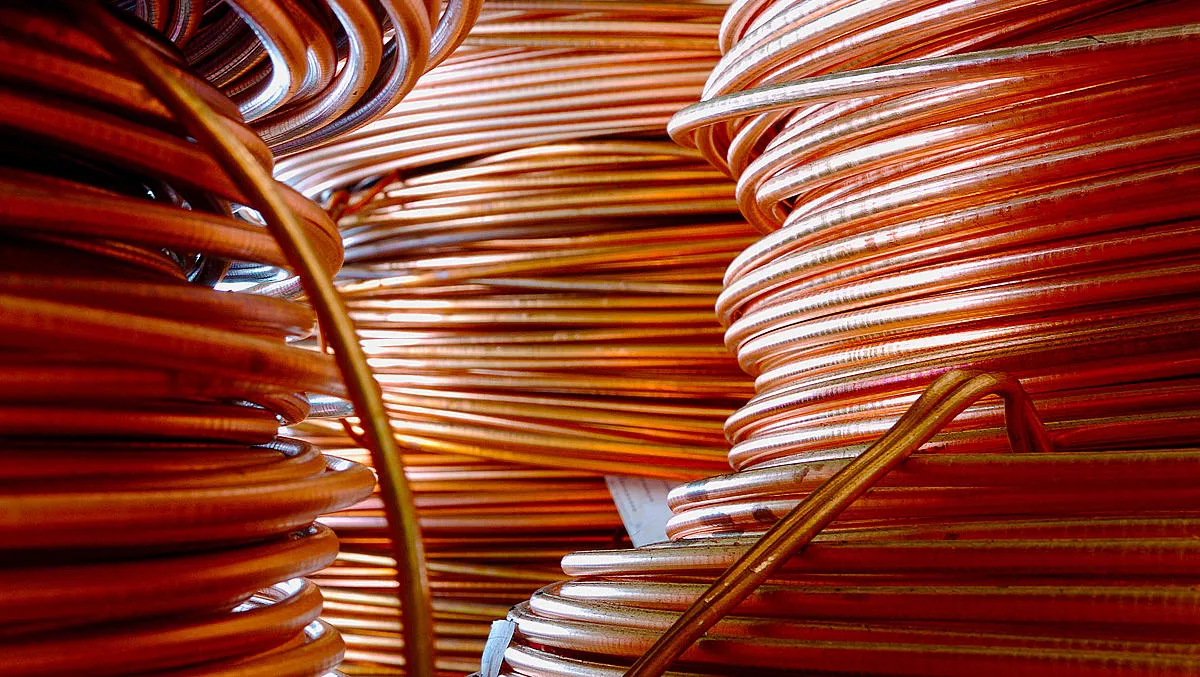
ComCom seeks feedback on Chorus withdrawal from copper and broadband services
The Commerce Commission is seeking feedback on its draft copper withdrawal code.
The code is intended to protect consumers that Chorus wants to move off its old copper network onto faster and more reliable technologies such as fibre networks.
The draft code sets minimum requirements that Chorus must meet before it will be able to stop providing copper services, such as landlines and ADSL or VDSL broadband, to a consumer – including that equivalent services must be provided over fibre.
"By 2022, most New Zealanders are expected to have access to fibre at home. That means large parts of the traditional copper phone and broadband network may no longer be needed," says Telecommunications Commissioner Dr Stephen Gale.
"To ensure consumers are protected, the Commission has designed the copper withdrawal code that Chorus, the provider of New Zealand's copper telecommunications network, must follow," he says.
"The code ensures consumers who are still using copper services will get at least six months' notice, be provided with information about moving to fibre, and – if they order it – have fibre installed at their home before the copper services can be stopped," Gale says.
The Commerce Commission regulates telecommunications companies in New Zealand and can set guidelines and rules that telecommunications companies must follow.
Under the Telecommunications (New Regulatory Framework) Amendment Act, the Commission has produced a copper withdrawal code that supports the government-funded roll out of fibre through the Ultra-Fast Broadband initiative. The code sets out minimum consumer protection requirements where Chorus seeks to stop supplying copper services.
"The earliest Chorus can stop supplying these services is after the code is finalised from late-2020 and only in the areas where fibre is available to be installed in homes and once the consumer protections of the code are met. In areas where fibre is not currently available Chorus must continue to supply services over the copper network.
"We are inviting feedback from individual consumers and advocacy groups about the proposed code. We're also interested in hearing views about any additional protections needed for consumers during the transition to fibre that could be addressed by the code.
Submissions can be made via the Commission's website by 5pm on 17 July 2020. The final code is expected to be finalised and published in September 2020.
The Commission encourages consumers to prepare for the transition to new phone and broadband technologies by:
• Checking with your phone and broadband provider what technology you are on and investigating what new technologies are available in your area. Try searching your address on www.broadbandmap.nz
• If you have a fibre landline, make sure you have a basic mobile phone (and keep it charged) or battery backup available, as landlines provided over fibre and mobile networks are unlikely to work in a power cut
• Be aware that cordless phones may not work in a power cut, even if you still have a copper landline. Make sure you have a backup corded phone or mobile phone in case the power goes out.
The Commission is also consulting on a code to make sure vulnerable consumers have an appropriate means of contacting 111 in a power cut. This is because fibre landlines rely on power in the home and may not work during power outages. More information on the Commission's draft 111 contact code, including how to provide feedback can be found here.


